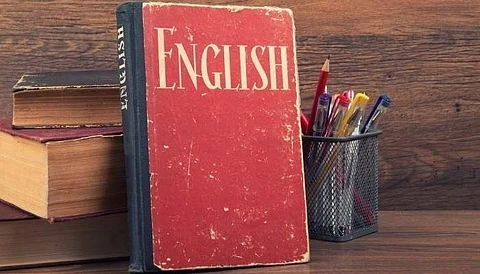

A week ago, I created a crossword puzzle and asked my FB friends to solve it. It was quite a different one from the earlier puzzles that I had created and posted on FB. I had mentioned that the answers to the puzzle are words which have a negative connotation when applied to women. Reacting to it, Dr Sakeena Quraishi, a progressive thinker, commented that she liked solving the crossword but wondered why it was about women. I explained to her stating that I wanted my FB friends to be familiar with the words and to be careful while using them. Convinced she wrote, "That’s a great one. We mostly learn words from crosswords that we can use in the future. This is a different take, to learn words to not use them."
What is a connotation or the connotative meaning of a word? Some words have formal or explicit and implied or suggested meanings. In other words,
words have actual meanings and other meanings that are attached to them. According to the Cambridge Dictionary, “the connotative meaning of a word includes the feelings and ideas that people may connect with the word”.
Do words have an emotional side too? Yes, some words do. Some words have a positive, negative or neutral connotation. It is important for learners to know both the denotative and connotative meanings of words in order to use them appropriately.
Here are examples of denotative and connotative meanings of words hot, cold, crazy and pushy. ‘Hot’ denotes high temperature but when we say a woman is hot, what we mean is that she is extremely attractive. Examples:
• Do you know what makes a girl really hot?
• A lot has been written praising her hotness.
Similarly, ‘cool’ denotes low temperature but when we describe a person as cool, what we mean is that the person is calm and unemotional, especially in a difficult situation. Here is an example:
• MS Dhoni is known as Captain Cool because of his calm behaviour. The adjective ‘crazy’ denotes ‘mentally unstable’ but connotes clingy and possessive. Example:
• What a crazy girl she is! She doesn’t allow her boyfriend to talk to any girl.
The adjective ‘pushy’ has a negative connotation. When a person is described as pushy, the person is aggressive and annoying. Example:
• Pushy parents spoil their children’s happiness.
Here are five words with negative connotations
when they are used to describe women:
1. An air-headed woman behaves in a silly manner.
2. An ambitious woman has a strong desire to achieve a goal by any means.
3. Bubbly girls are women whom men like but are not attracted to.
4. A frigid woman is a person who lacks sexual responsiveness.
5. Breathless women are those who are unable to control their emotions.
